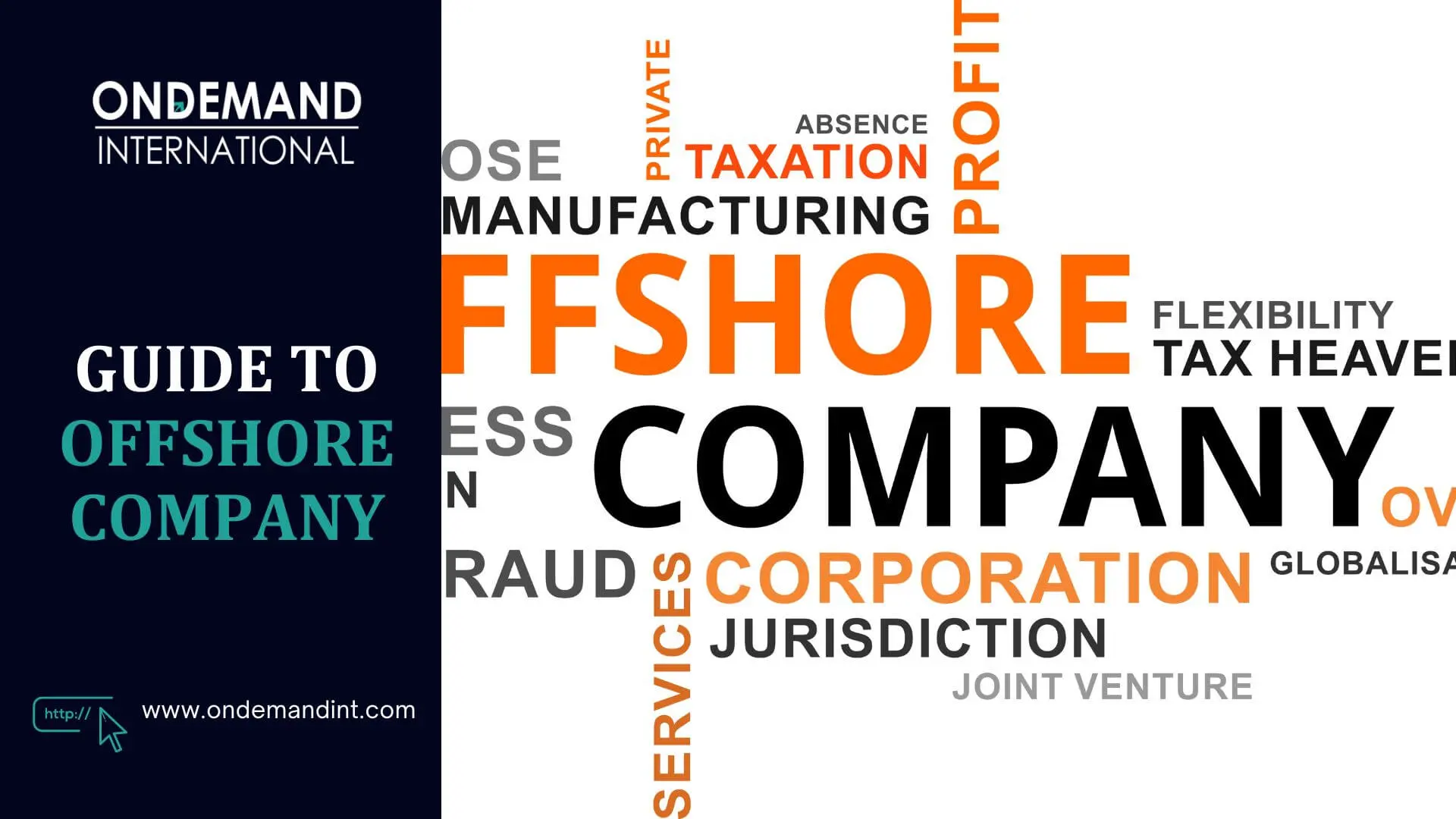In an increasingly globalized world, businesses are constantly seeking strategies to maximize their profits while minimizing their tax liabilities. One of the most controversial and complex methods to achieve this is through the use of tax havens. Whether offshore or onshore, tax havens offer unique advantages and challenges. In this comprehensive guide, we will delve into the intricacies of these financial sanctuaries and explore their legal and financial implications for businesses.
Navigating the Maze: Offshore vs. Onshore Tax Havens
Offshore tax havens are jurisdictions outside a company‘s home country that offer favorable tax conditions. These havens, such as the Cayman Islands, Bermuda, and the British Virgin Islands, have long been synonymous with low or zero tax rates, minimal regulatory oversight, and stringent confidentiality laws. They attract multinational corporations and wealthy individuals looking to shield their assets from high-tax regimes. However, navigating the maze of offshore tax havens requires a deep understanding of international tax laws, as well as the potential risks of legal scrutiny and reputational damage.
Onshore tax havens, on the other hand, are domestic jurisdictions within a country that offer similar tax advantages but with a veneer of legitimacy that offshore havens often lack. Examples include states like Delaware in the United States and countries like Ireland and Luxembourg. These jurisdictions provide favorable tax rates, business-friendly regulations, and robust legal systems, making them attractive to businesses seeking a more transparent and less controversial tax strategy. However, the line between legitimate tax planning and aggressive tax avoidance can be thin, and companies must navigate this delicate balance carefully.
The choice between offshore and onshore tax havens depends on various factors, including the nature of the business, the level of risk tolerance, and the regulatory environment of the home country. Offshore havens may offer greater tax savings but come with higher risks of regulatory crackdowns and negative publicity. Onshore havens, while potentially less lucrative in terms of tax savings, provide a safer and more transparent option. Ultimately, businesses must weigh these considerations carefully to determine the best strategy for their specific needs.
A Business Guide to Legal and Financial Implications
When considering the use of tax havens, businesses must first understand the legal implications. International tax laws are complex and constantly evolving, with governments worldwide tightening regulations to curb tax avoidance and evasion. Companies must ensure compliance with both the laws of their home country and the regulations of the tax haven jurisdiction. Failure to do so can result in severe penalties, including hefty fines, legal action, and damage to the company’s reputation. It is crucial to seek expert legal advice and conduct thorough due diligence before establishing operations in any tax haven.
Financial implications are equally significant. While tax havens can offer substantial savings on corporate taxes, the costs associated with setting up and maintaining operations in these jurisdictions can be high. These costs include legal fees, administrative expenses, and the potential need for complex financial structures. Additionally, businesses must consider the long-term sustainability of their tax strategies. Governments are increasingly collaborating to close loopholes and enhance transparency, which could impact the viability of certain tax haven arrangements in the future. Companies must be prepared to adapt their strategies in response to changing regulations.
Ethical considerations also play a crucial role in the decision to use tax havens. Public perception of tax avoidance has shifted dramatically in recent years, with increasing scrutiny from media, governments, and consumers. Companies using tax havens may face backlash and reputational damage, which can affect their brand image and customer loyalty. Transparent and responsible tax practices are becoming more important, and businesses must weigh the potential benefits of tax havens against the risk of negative publicity and the ethical implications of their tax strategies.
In conclusion, understanding the complexities of offshore and onshore tax havens is essential for businesses looking to optimize their tax liabilities. While these financial sanctuaries offer significant advantages, they also come with substantial risks and challenges. By carefully navigating the legal, financial, and ethical implications, businesses can make informed decisions that align with their strategic goals and regulatory requirements. As the global tax landscape continues to evolve, staying informed and adaptable will be key to successfully leveraging tax havens in a responsible and sustainable manner.
